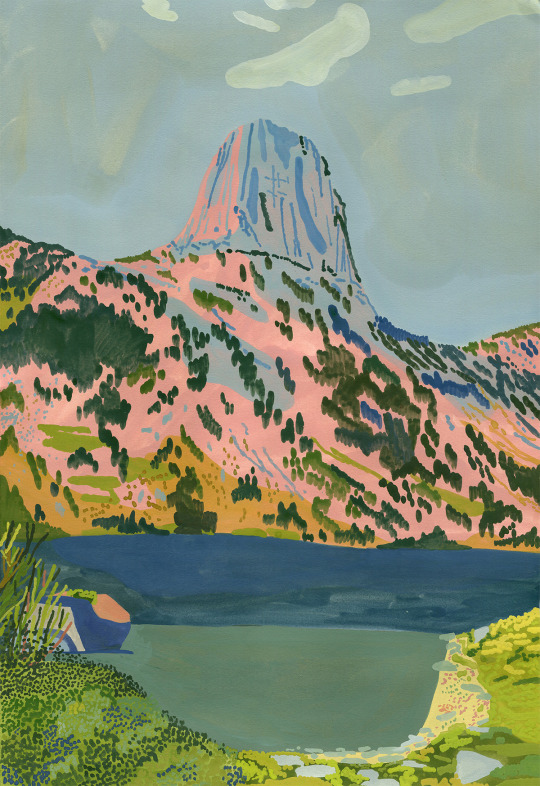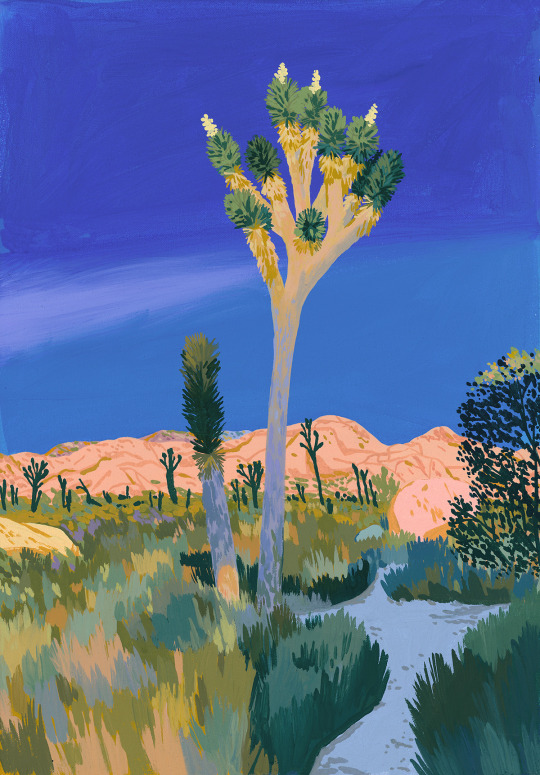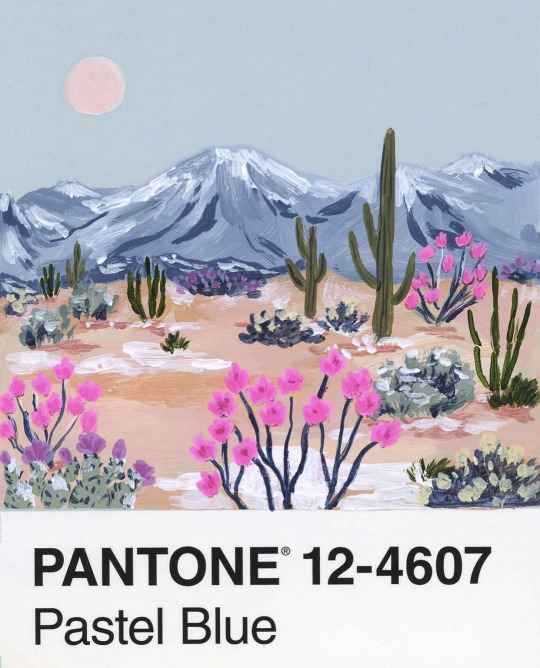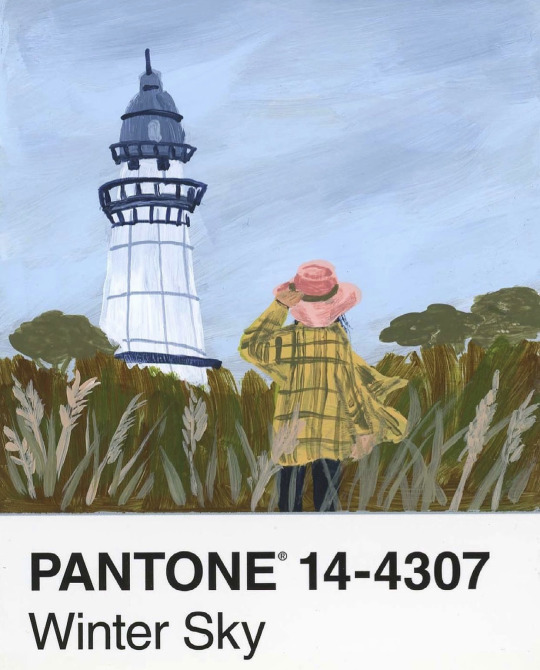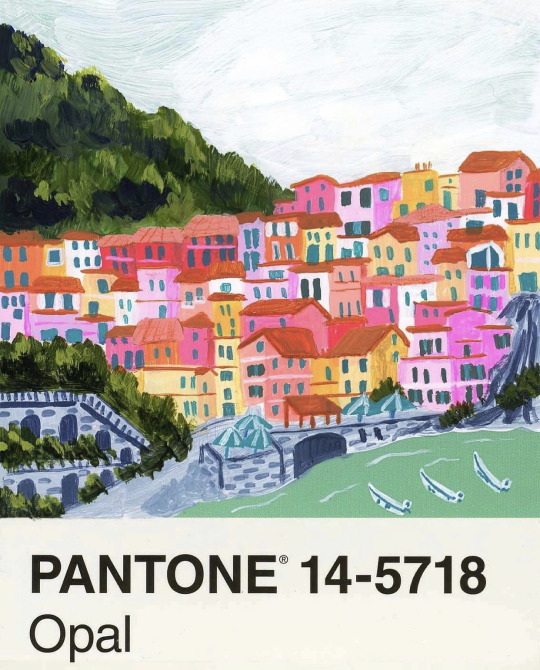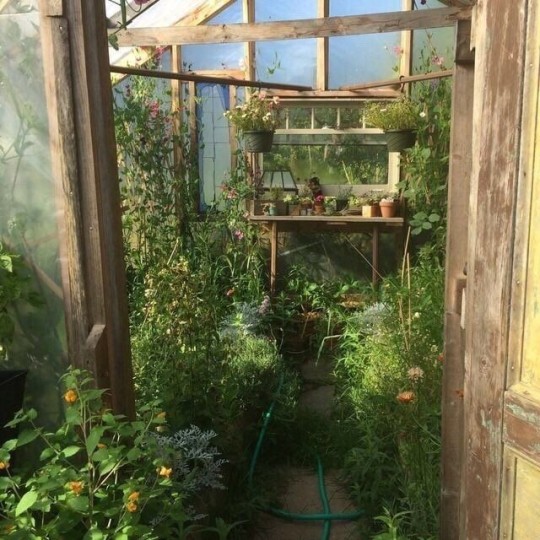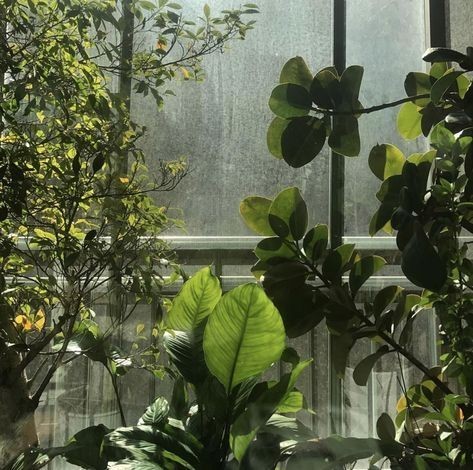Text

A dismal map of Ireland, allegedly produced during WWII to dissuade the Germans from invading.
2K notes
·
View notes
Photo

from page 112 of a mid-ninth century manuscript of Priscian’s Institutes of Grammar; at the top of this page is a poem written by an Irish monk. Source.
Original Irish
Is acher ingáith innocht
fufuasna faircggae findḟolt
ni ágor réimm mora minn
dondláechraid lainn oua lothlind
English Translation
Bitter is the wind tonight;
It tosses the ocean’s white hair.
Tonight I fear not the fierce warriors of Norway
Coursing on the Irish sea.
3K notes
·
View notes
Text
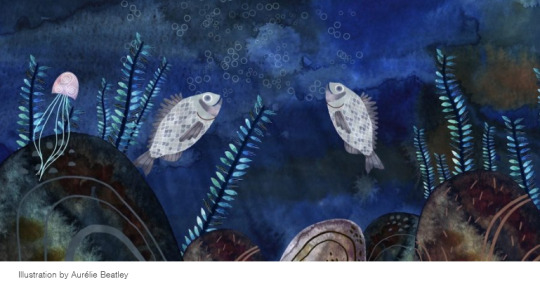

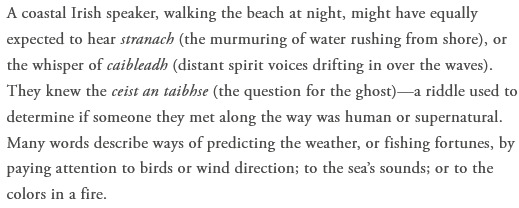

Sitting amid the bric-a-brac of generations of seafarers before him, fisherman and museum curator John Bhaba Jeaic Ó Confhaola of Galway, Ireland, tried to describe a word to interviewer Manchán Magan. The word, in the Irish language, was for a three-bladed knife on a long pole, used by generations of Galway fishermen to harvest kelp. Ó Confhaola dredged it from his memory: a scian coirlí. “I don’t think I’ve said that word out loud for 50 years,” he told Magan. It was a sentiment that Magan would hear again and again along Ireland’s west coast. This is a place shaped by proximity to the ocean: nothing stands between the sea and the country’s craggy, cliff-lined shores for roughly 3,000 kilometers, leaving it open to the raw breath of the North Atlantic. […] Early last year [2020], Magan […] began collecting coastal words from towns along the west coast, in an effort to preserve them. […] The recordings make up the Foclóir Farraige, or Sea Dictionary: an online database of recordings and definitions sorted by their regional origin. Magan also recently published a selection of words in an illustrated book. […]
Yet the words are often much more than utilitarian. They carry a sense of poetry, and a perspective on nature. There is the town of Donegal’s mada doininne, a particular type of dark cloud lining the horizon that foretells bad weather. The word, literally translated, means “hounds of the storm.”
Or bláth bán ar gharraí an iascaire, a description of choppy sea from the county of Galway that means “white flowers on the fisherman’s garden.” […]


A coastal Irish speaker, walking the beach at night, might have equally expected to hear stranach (the murmuring of water rushing from shore), or the whisper of caibleadh (distant spirit voices drifting in over the waves).
They knew the ceist an taibhse (the question for the ghost) – a riddle used to determine if someone they met along the way was human or supernatural.
Many words describe ways of predicting the weather, or fishing fortunes, by paying attention to birds or wind direction; to the sea’s sounds; or to the colors in a fire. […]
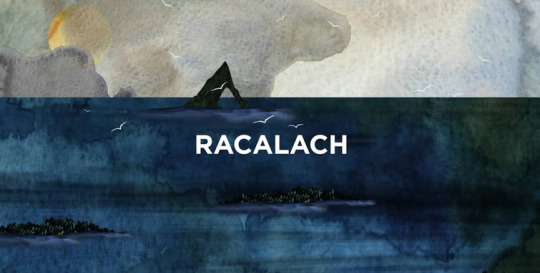
Ó Baoill and Magan both point out that preserving Ireland’s traditional coastal vocabulary is especially important in the face of climate change and biodiversity loss. Take a word like borráite, from Carraroe village, which describes a rocky offshore reef found in the area. Kelp once grew on these reefs in abundance, tangling with other seaweed species and providing refuge for fish. Due to climate change and overfishing, however, Magan says that a borráite today would host neither kelp nor many fish.
“Contained within that word is the entire ecosystem that was in that area,” Magan says. Words like this, he hopes, can both remind us of what we have lost and reconnect us to what we might still preserve.
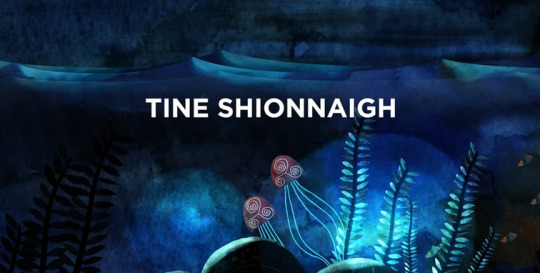
——-
Headline, captions, and text published by: Claudia Geib. “To Speak of the Sea in Irish.” Hakai Magazine. 17 March 2021. Published alongside illustrations and animations by Aurelie Beatley.
5K notes
·
View notes
Text
“活着就要记住,人生最痛苦最绝望的那一刻是最难熬的一刻,但不是生命结束的最后一刻;熬过去挣过去就会开始体验呼唤未来的生活,有一种对生活的无限热情和渴望。 If you are alive, then you need to remember this: a life’s most painful, most despairing moment is also its most unbearable, but it isn’t its last, isn’t its end; endure it, struggle through it, and you will start to experience a life that calls out for the future, with a passion and thirst for living that knows no bounds.”
—
White Deer Plain (白鹿原) by Chen Zhongshi (陈忠实). 1993. Translated by Jay Zhang.
A novel that took Chen Zhongshi six years to write, White Deer Plain follows the trials and tribulations of two families across three generations, from the fall of the Qing Dynasty to the rise of the People’s Republic of China. Set in a small village in Shaanxi Province, the novel shed light on the voices of the Chinese rural periphery throughout history and enjoyed widespread popularity for its stunning realism and massive scope. In 1997, the novel received the Mao Dun Literature Prize — the most prestigious modern literary award in China. Since then, White Deer Plain has been adapted into a critically acclaimed drama, movie, and traditional opera.
Follow sinθ magazine for more daily posts about Sino arts and culture.
(via sinethetamagazine)
239 notes
·
View notes
Text
been thinkin about this lately and i think i want a small life. not a BAD life n not an ISOLATED life n not a CLOSED life but just. small. with defined boundaries. i want a job that will sustain me that doesn't require exhaustion to survive. i want a place to live that's big enough for me to choose every part of it; just enough shelf for mugs i love, just enough cabinet for a neat set of paints, just enough closet for clothes i actually like wearing not just ones i tolerate. i want to do little routines and make small batches of things and be a regular somewhere. i just want to have something contained and clear that's mine, mine, mine
47K notes
·
View notes
Text
Mars Bar, a Latin poem by Herbert H Huxley (please read this out loud):
Est praedulcis esu Mars-Bar.
Nil est cibo tuo, Mars, par.
Tune vis beatum larem?
Habe promptum Martem-Barem.
Captus dono Martis-Baris
Helenam liquisset Paris.
Dum natabunt ponto scari,
Dentur laudes Marti-Bari!
*scarus is a type of fish (the parrotfish)
My (loose) English translation:
Outstandingly sweet is the Mars Bar,
To your food, Mars, there is no par.
Do you need some holy favour?
Offer up the Mar Bars’ flavour.
Paris would never have been a felon,
if offered a bar in place of Helen.
As long as fish swim in the sea,
praises to the Mars Bar be!
(I found this poem on the Wikipedia page for The Motor Bus, which is also an incredibly funny poem for anyone who knows anything at all about the Latin language.)
52 notes
·
View notes
Photo
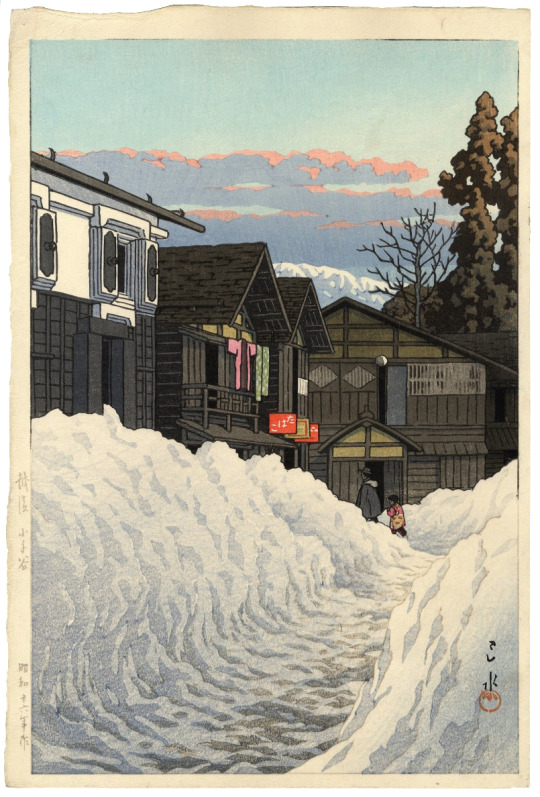
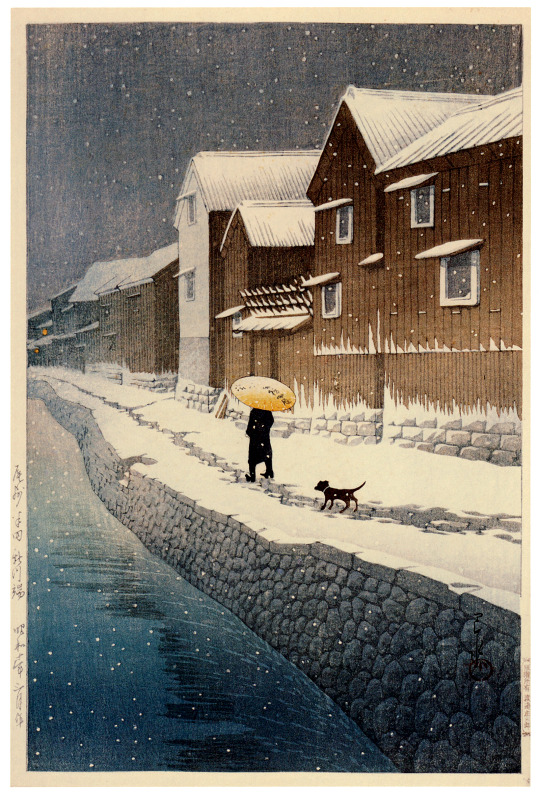

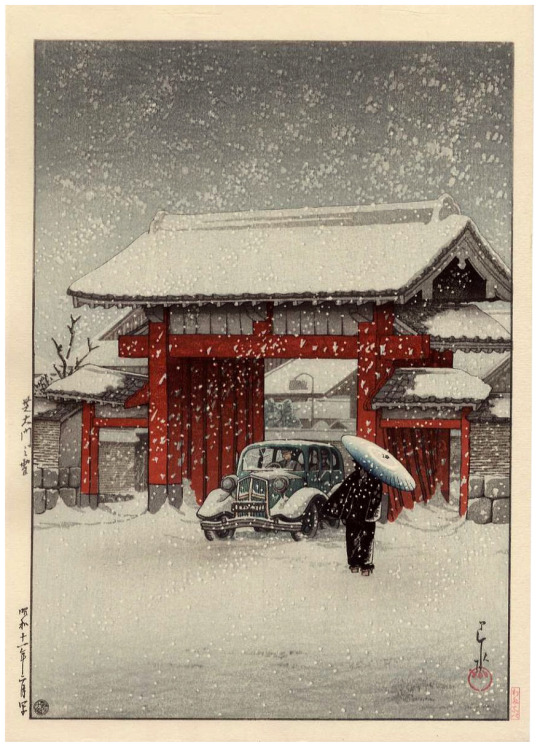


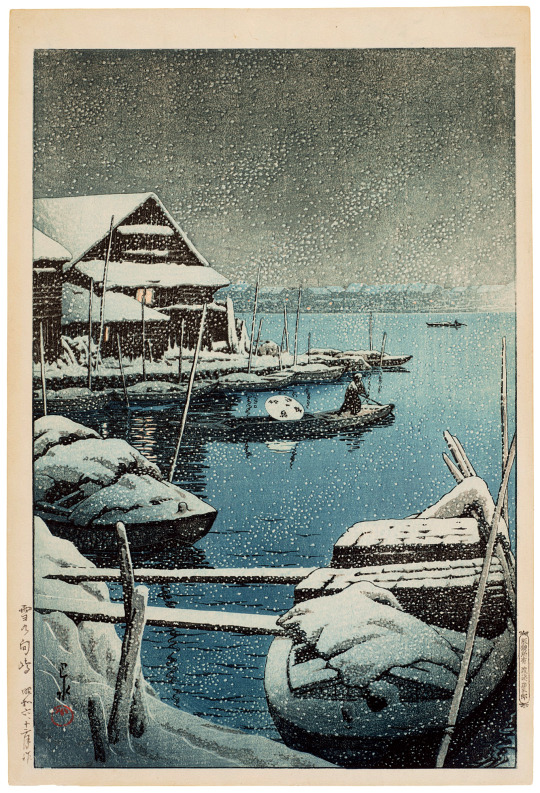


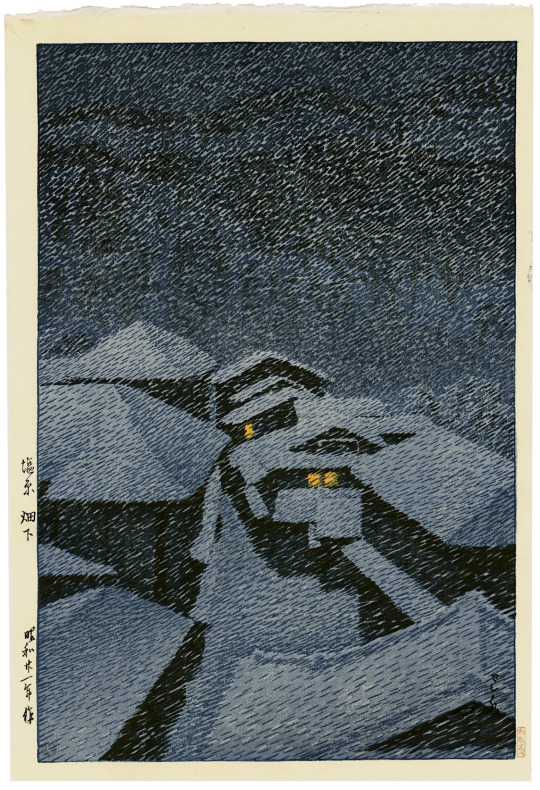
Kawase Hasui - Winter in Japan, color woodblock prints from various series.
7K notes
·
View notes
Text
Praeparant hiemi et irenacei cibos ac volutati supra iacentia poma adfixa spinis, unum amplius tenentes ore, portant in cavas arbores.
Hedgehogs also prepare food for the winter, and after rolling over fallen fruits, getting them stuck to their spines, and holding one more in their mouth, they carry them into hollow trees.
Pliny the Elder, Natural History 8.56
571 notes
·
View notes
Photo

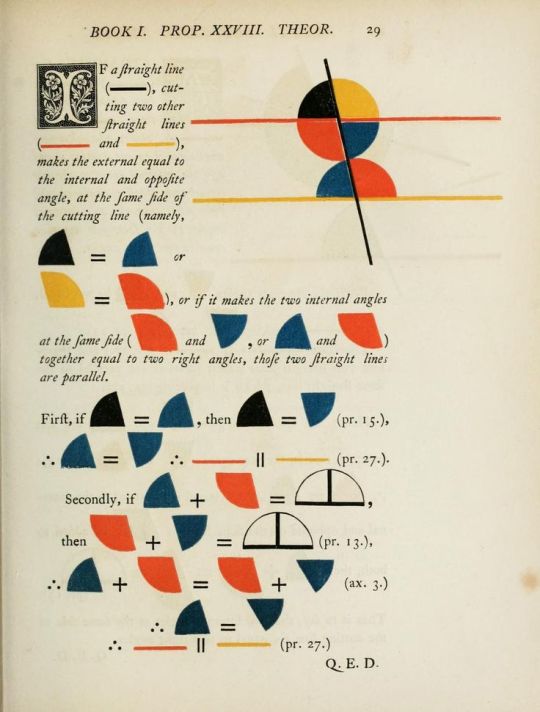
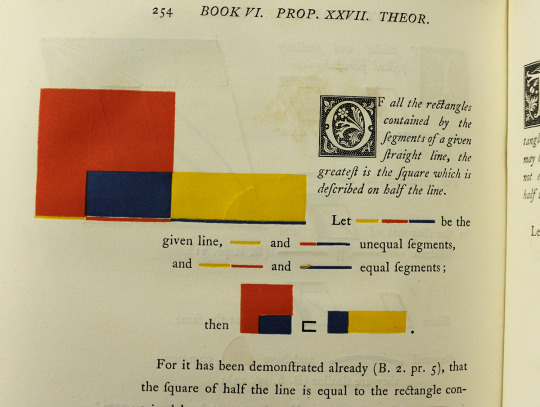



The beautiful modernism of Oliver Byrne’s, The First Six Books of the Elements of Euclid, 1847
2K notes
·
View notes
Text
speedreading the liber spectaculorum and making my little summaries like actually i was born in the wrong generation i should have been an epitomator in rome in the fourth century ce
21 notes
·
View notes
Text
My greek may be pretty bad, but does that translate necromancer as ψυχαγωγος- “mind driver / doer”
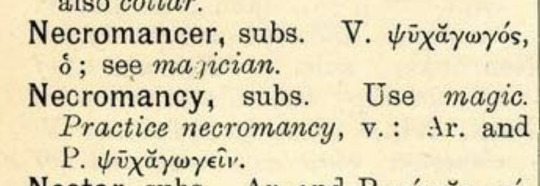
this would make plato *significantly* more interesting
16 notes
·
View notes
Text

This is a comment someone appended to a photo of two men apparently having sex in a very fancy room, but it’s also kind of an amazing two-line poem? “His Wife has filled his house with chintz” is a really elegant and beautiful counterbalancing of h, f, and s sounds, and “chintz” is a perfect word choice here—sonically pleasing and good at evoking nouveau riche tackiness. And then “to keep it real I fuck him on the floor” collapses that whole mood with short percussive sounds—but it’s still a perfect iambic pentameter line, robust and a lovely obscene contrast with the chintz in the first line. Well done, tumblr user jjbang8
242K notes
·
View notes
